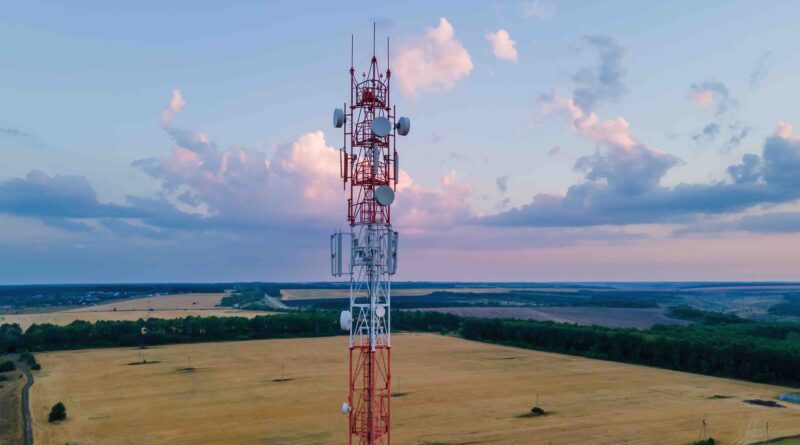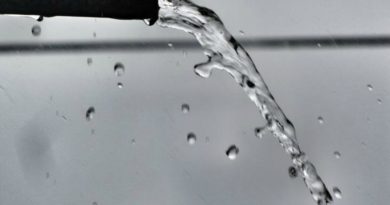Biden-Harris Administration Announces First-Ever Grants to Fix More Than 160 Fish Culverts Across the Country
The U.S. Department of Transportation’s Federal Highway Administration (FHWA) announced a total of $196 million will be given to 59 Tribal, state, and local governments that will fix or remove 169 culvert barriers for fish.
According to the U.S. Department of Transportation, the grants announced today will improve approximately 550 miles of stream habitat, often in the watersheds that support iconic fish runs in ecosystems including Yakutat Bay, the Puget Sound, the Columbia River, the Rogue River, the Chesapeake Bay, and Plymouth Harbor. Several fish species listed under the federal Endangered Species Act are expected to benefit from access to pristine habitat due to restored passage.
FHWA’s Culvert Aquatic Organism Passage (AOP) Program invests in healthy fisheries by helping communities remove, repair and redesign culverts and weirs – engineered structures that impact water flow in rivers and streams. Barriers to freshwater migration constitute a significant cause of declining populations of anadromous fish – such as native salmon, steelhead, river herring and lamprey – which are born in freshwater waterways, live primarily in the ocean, but return to freshwater streams to spawn.
“This first round of Culvert grant awards under the Biden-Harris Administration’s Infrastructure Law will improve resilience and reduce maintenance at these waterway crossings while providing ecological, cultural and conservation benefits to communities receiving grants,” said Federal Highway Administrator Shailen Bhatt. “The program’s many benefits to the natural environment will spill over into local economies that depend on growing fish populations to sustain tribal and local communities across the nation.”
The 59 awards announced today are located across ten states and include all 14 Tribal governments that applied.




